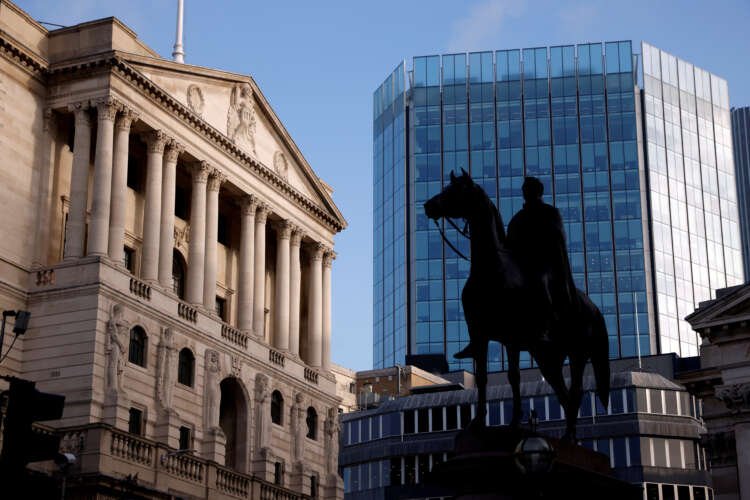Banking
Bank of England scraps curbs on bank dividends as pandemic crisis fades
Published by maria gbaf
Posted on July 14, 2021
1 min readLast updated: January 21, 2026

Published by maria gbaf
Posted on July 14, 2021
1 min readLast updated: January 21, 2026

Explore more articles in the Banking category











